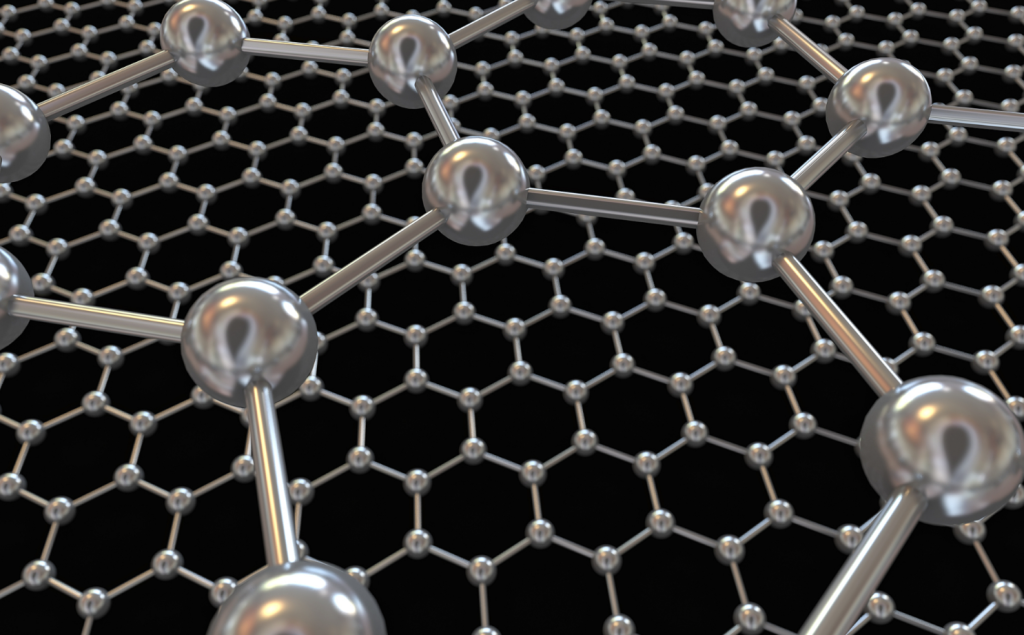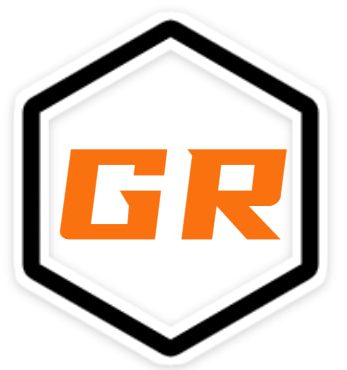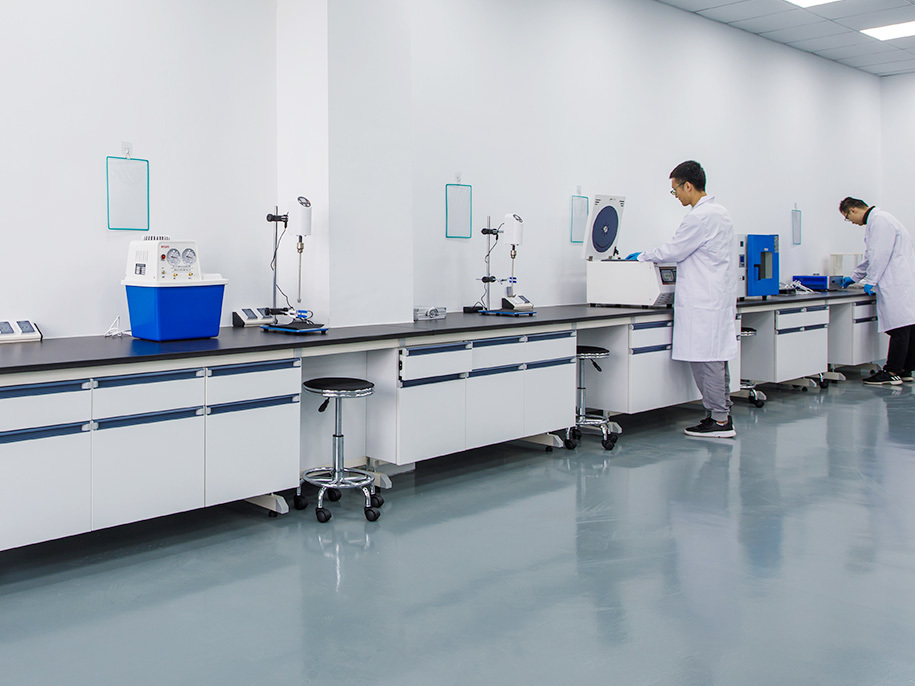Why Graphene’s Surface Area Matters for Electrical Conductivity
Introduction
Graphene’s extraordinary electrical properties are well known. But when it comes to practical applications — like conductive coatings, battery slurries, or printable inks — one factor often makes or breaks performance: specific surface area (SSA).

📌 What is Surface Area in Graphene?
Graphene, being a one-atom-thick sheet of carbon, can exhibit a theoretical SSA of up to 2630 m²/g when fully exfoliated. This huge surface area allows:
-
More contact points with the conductive matrix;
-
Improved electron mobility between particles;
-
Stronger percolation networks, even at low loading.
⚙️ Conductive Performance in Real Applications
In energy storage, particularly lithium-ion battery electrodes, the use of graphene with high SSA means:
-
Enhanced electronic conductivity;
-
Improved active material utilization;
-
Potential for faster charge/discharge rates.
Even at 1–2 wt%, such graphene additives outperform traditional carbon black or graphite.
🔍 Real Example: GR-RGO Powder
Our small-particle reduced graphene oxide (RGO) offers a practical SSA of 121 m²/g, optimized for:
-
Water-based slurries;
-
Conductive coatings;
-
Printable electronics.
It shows excellent compatibility with dispersants and demonstrates low agglomeration across multiple solvents.
📣 Need a Custom Dispersible Graphene?
We provide dispersible graphene solutions (powder or slurry), ideal for coating formulations or conductive pastes.
📩 Reach out to GrapheneRich for TDS, specs, or free testing samples.

